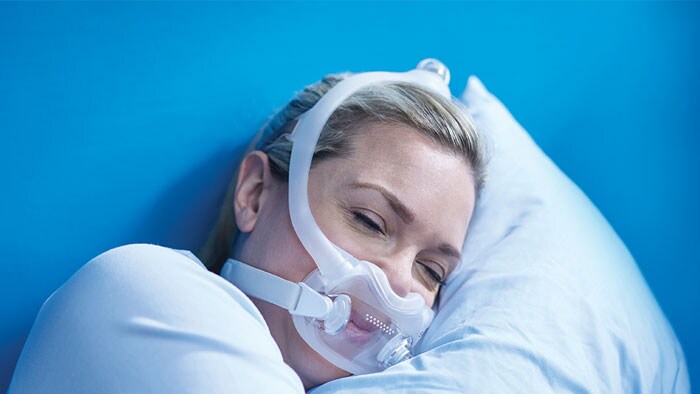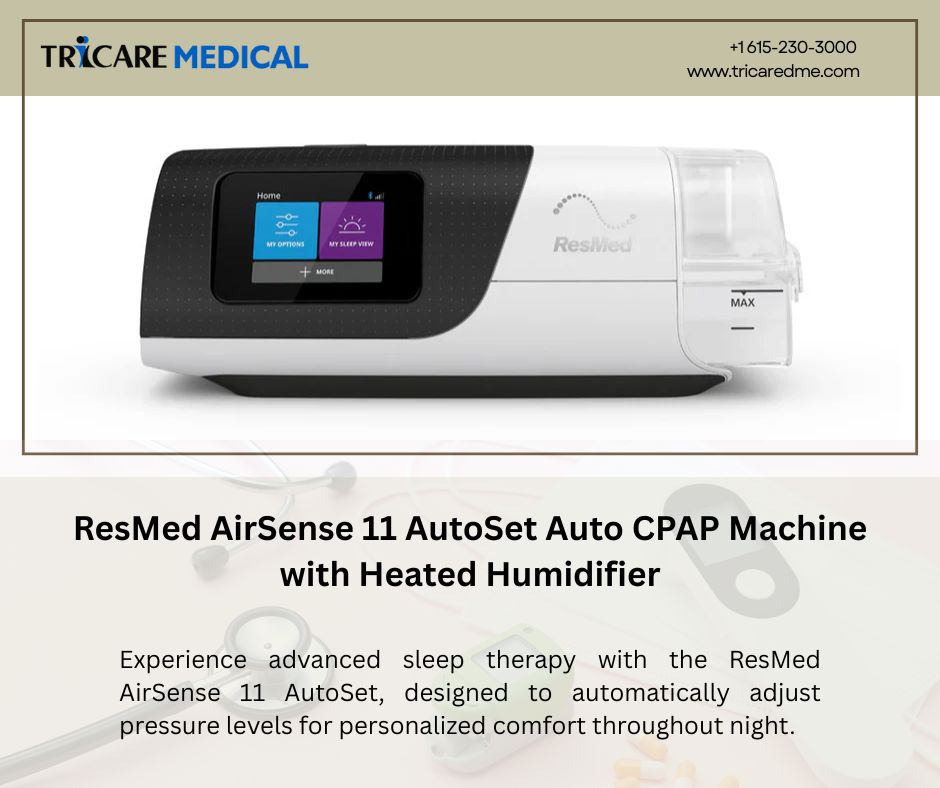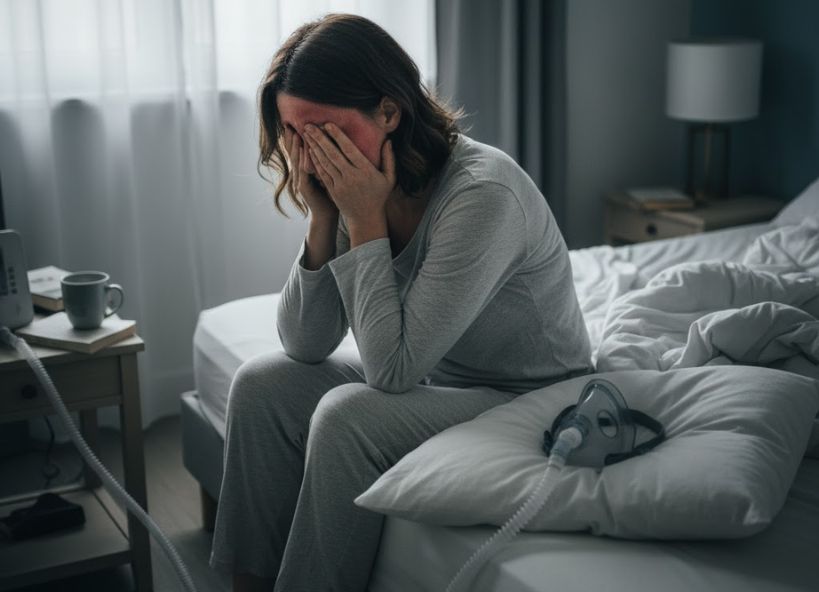Silent Nightmares: The Underrated Impact of Sleep Apnea on Women's Health
- 6 min reading time
Sleep apnea is not just a man's problem. On this Women's Day, let's talk about the impact of sleep apnea on women's health. Learn about the atypical symptoms, risk factors, and available help. Read our blog post now and take control of your health.
Sleep Apnea: A Problem for Women Too
When most people think of sleep apnea, they tend to picture an overweight middle-aged man who snores loudly at night. However, sleep apnea is not just a problem for men. Women can also suffer from this sleep disorder, and it's important to understand the impact it can have on their health.
According to the American Academy of Sleep Medicine, an estimated 9% of women suffer from sleep apnea. This condition causes a person's breathing to repeatedly stop and start during sleep, leading to poor quality sleep and other health issues. Of the 22 million sleep apnea diagnoses each year, over half are in men. But that doesn’t mean women don’t have the serious sleep disorder, which causes your breathing to stop or become very shallow for short bursts during sleep.
Substantial evidence in recent years suggests the prevalence of sleep apnea in women is higher than previously believed. The Society for Women’s Health Research estimates that one out of every five women has sleep apnea. The majority—nine out of 10—are unaware of their condition and, as such, their resulting increased risk for serious health conditions. If left untreated, sleep apnea can increase the risk of heart disease, stroke, and other serious health problems.
One of the challenges with sleep apnea in women is that it can be harder to diagnose. Women are more likely to have atypical symptoms such as insomnia, morning headaches, and fatigue. As a result, sleep apnea may be misdiagnosed or overlooked altogether.

Why Women Are Underdiagnosed With OSA Compared to Men?
Dr. Won in a recent article on Forbes argues that sleep apnea is often underdiagnosed in women because of the way the disease is defined. The current diagnostic criteria for obstructive sleep apnea require the presence of more than five events per hour of sleep on average. Women may have less sleep apnea during non-rapid eye movement (NREM) sleep, but have similar levels of sleep apnea to men during rapid eye movement (REM) sleep. However, since REM sleep only accounts for 20% of total sleep time, the average number of events per night is likely to be lower in women than men, making it harder to diagnose the condition.

Despite this, sleep apnea during REM sleep is a significant risk factor for cardiovascular disease regardless of what happens during NREM sleep. Therefore, the current diagnostic criteria may be leading to under-detection of sleep apnea in women. Furthermore, women are more likely to terminate their sleep apnea with an awakening out of sleep, which means that the accompanying drops in oxygen levels may be less noticeable or severe in women, making sleep apnea less apparent.
These frequent sleep disturbances caused by sleep apnea may also be important factors in the development of cardiovascular disease. As a result, failing to identify or count these types of sleep apnea events during diagnosis (such as with home sleep apnea tests) may result in the failure to recognize the disease in women.
It's important for women to recognize the signs of sleep apnea and seek treatment if needed. Here are some captions to help raise awareness:
"Sleep apnea can affect women of all ages, shapes, and sizes." (Source: American Sleep Apnea Association)"Did you know that women with PCOS are at a higher risk of developing sleep apnea?" (Source: National Sleep Foundation)
"Don't ignore your snoring! It could be a sign of sleep apnea." (Source: Sleep Foundation)
"Sleep apnea can cause fatigue, headaches, and even depression in women." (Source: Sleep Foundation)
"If you're a woman struggling with sleep apnea, you're not alone. There is help available." (Source: American Academy of Sleep Medicine)
"Untreated sleep apnea can increase a woman's risk of heart disease and other health problems." (Source: American Heart Association)
"Women who are pregnant or postpartum are at a higher risk of developing sleep apnea." (Source: National Sleep Foundation)
"Treating sleep apnea can lead to better sleep, improved mood, and better overall health for women." (Source: Sleep Foundation)
"Sleep apnea doesn't have to control your life. Seek treatment and take control of your health." (Source: American Sleep Apnea Association)
If you suspect you may have sleep apnea, it's important to talk to your healthcare provider. They can refer you to a sleep specialist who can help diagnose and treat your condition. With the right treatment, you can improve your sleep quality and reduce your risk of serious health problems. Don't let sleep apnea control your life – take control of your health today.
Get all you Sleep therapy needs from Tricare Medical Supplies at offer price.



